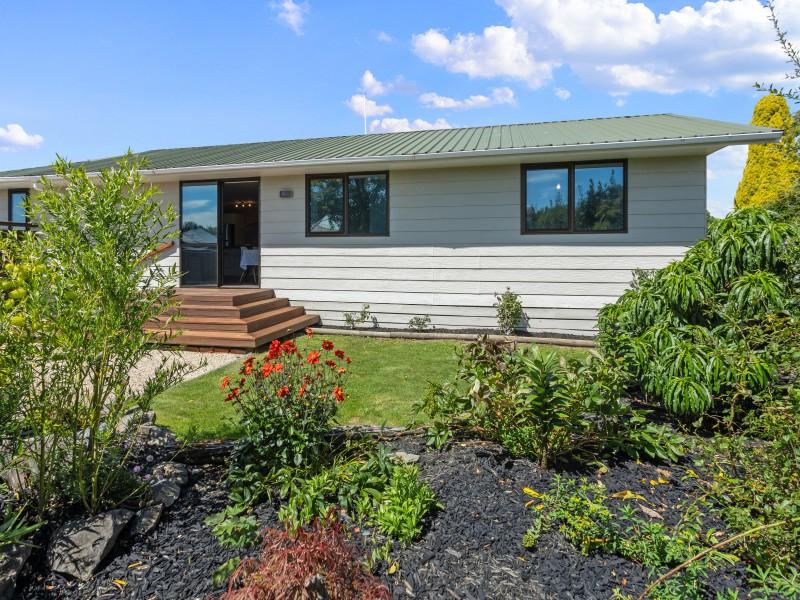Health workers needed in rural areas
By David Hill, Local Democracy Reporter
Recruiting medical professions into rural areas remains a challenge, says a North Canterbury mayor.
Health Minister Dr Shane Reti says Health New Zealand has made good progress in recruiting staff, but Hurunui mayor Marie Black says rural areas are missing out.
Training more health professionals is a priority in Budget 2024, with $22 million set aside for doctor training.
‘‘That will take us from an intake of 589 this year to an intake of 614 from next year,’’ Reti said.
‘‘We are also progressing a cost benefit analysis for a proposed third medical school through Waikato University, which will focus on primary and rural care.’’
While overseas-trained medical professionals make a valuable contribution, Reti said training young New Zealanders was more sustainable in the long term.
‘‘Health workforce shortages are a problem in every country around the world.
‘‘That is why it is so important we invest in training doctors and other health professionals here in New Zealand.’’
In the year to December 2023, Health NZ recruited more than 200 full-time equivalent senior doctors, 2500 nurses, nearly 100 midwives, and more than 230 scientific and technical staff.
There were still shortages in mental health, critical care and midwifery, Reti said.
While it was reassuring to know progress has been made in recruitment, Black said there was little evidence of it in ‘‘primary health provision in country areas’’.
The Hurunui district has been doing its bit to encourage health students to consider working in rural areas, she said.
Third year Otago Medical School students have been visiting the district each August for several years.
The initiative has been running for 10 years, with the students visiting medical centres, St John, District Nurses, police, the North Canterbury Rural Support Trust and a local preschool.
‘‘If we can grow our own people that is the best solution,’’ Black said.
Waimakariri Mayor Dan Gordon said he was pleased the Government was addressing workforce shortages.
A new medical centre was being planned in Rangiora to offer urgent and after hours medical care, but it would need more medical professionals, he said.
‘‘I am pleased with the Government’s announcement that funding will be allocated to ensure we are training more doctors and health care professionals here in New Zealand.
‘‘This will help to alleviate doctor shortages particularly in the regions and rural communities.’’
The Kaikōura district faced similar challenges, and its over 65 population was expected to increase to one-third over the next 30 years.
Takahanga Marae has hosted tertiary health students from around Aotearoa in recent years for a three-day Noho Marae visit.
The initiative was a partnership between Te Tai o Marokura, a Maori health and social service provider in Kaikōura, and Hauora Taiwhenua/Rural Health Network’s careers programme.
■ LDR is local body journalism co-funded by RNZ and NZ On Air.
Some Choice News!
DOC is rolling out a new tool to help figure out what to tackle first when it comes to protecting our threatened species and the things putting them at risk.
Why does this matter? As Nikki Macdonald from The Post points out, we’re a country with around 4,400 threatened species. With limited time and funding, conservation has always meant making tough calls about what gets attention first.
For the first time, DOC has put real numbers around what it would take to do everything needed to properly safeguard our unique natural environment. The new BioInvest tool shows the scale of the challenge: 310,177 actions across 28,007 sites.
Now that we can see the full picture, it brings the big question into focus: how much do we, as Kiwis, truly value protecting nature — and what are we prepared to invest to make it happen?
We hope this brings a smile!

Share your favourite main crop potato recipe and win a copy of our mag!
Love potatoes? We will give away free copies of the May 2026 issue to readers whose potato recipes are used in our magazine. To be in the running, make sure you email your family's favourite way to enjoy potatoes: mailbox@nzgardener.co.nz, by March 1, 2026.

Surface Prep & Coating Experts in Canterbury
Wymamakes surface preparation simple. We handle it all – grit & bead blasting, zinc arc spraying and industry spray painting – so you get the perfect finish every time.
We specialise in mild steel, stainless steel, and alloy treatments.
✅6*15m spray booth
✅Fully enclosed facility
✅6-ton crane for overhead transfer
Let us take care of your next coating or blasting job with efficiency and accuracy.
📞Call Simon Harris at 021 222 1545.










 Loading…
Loading…







